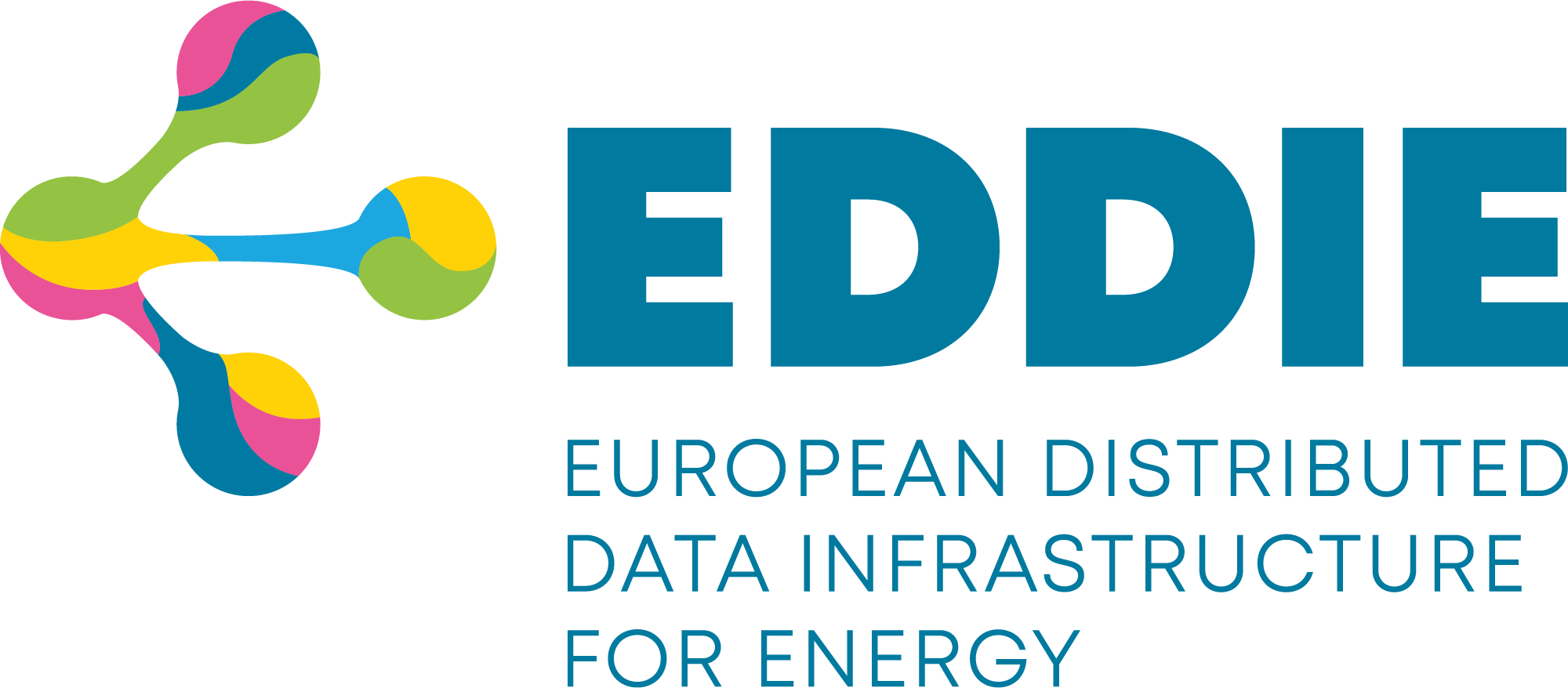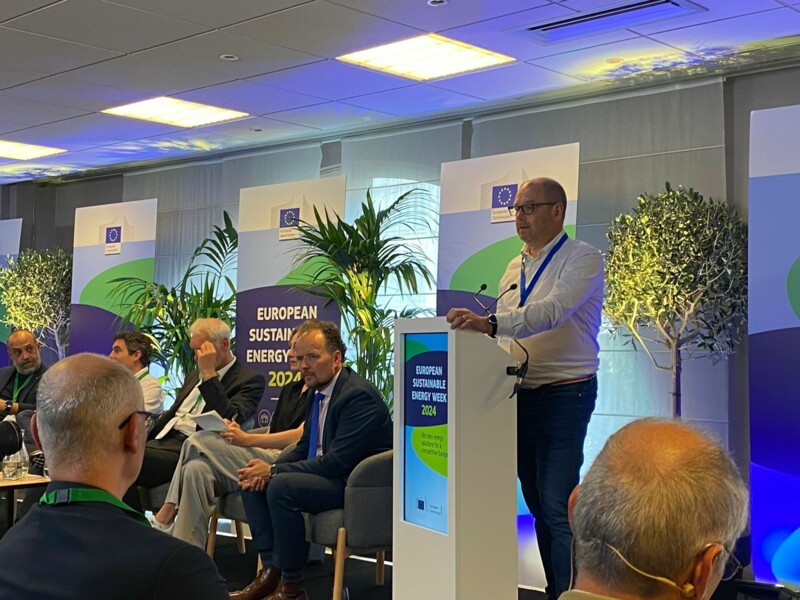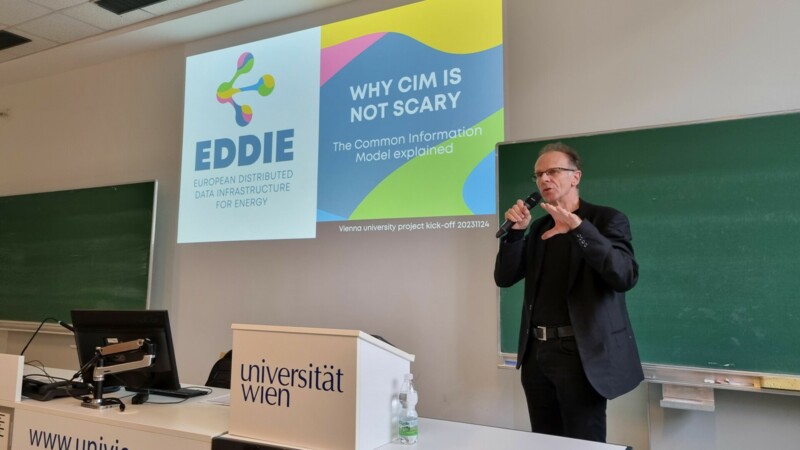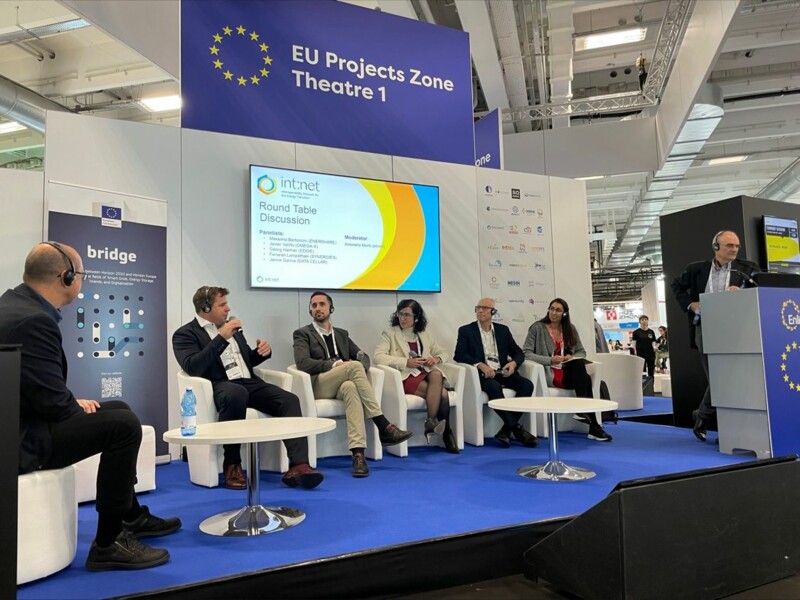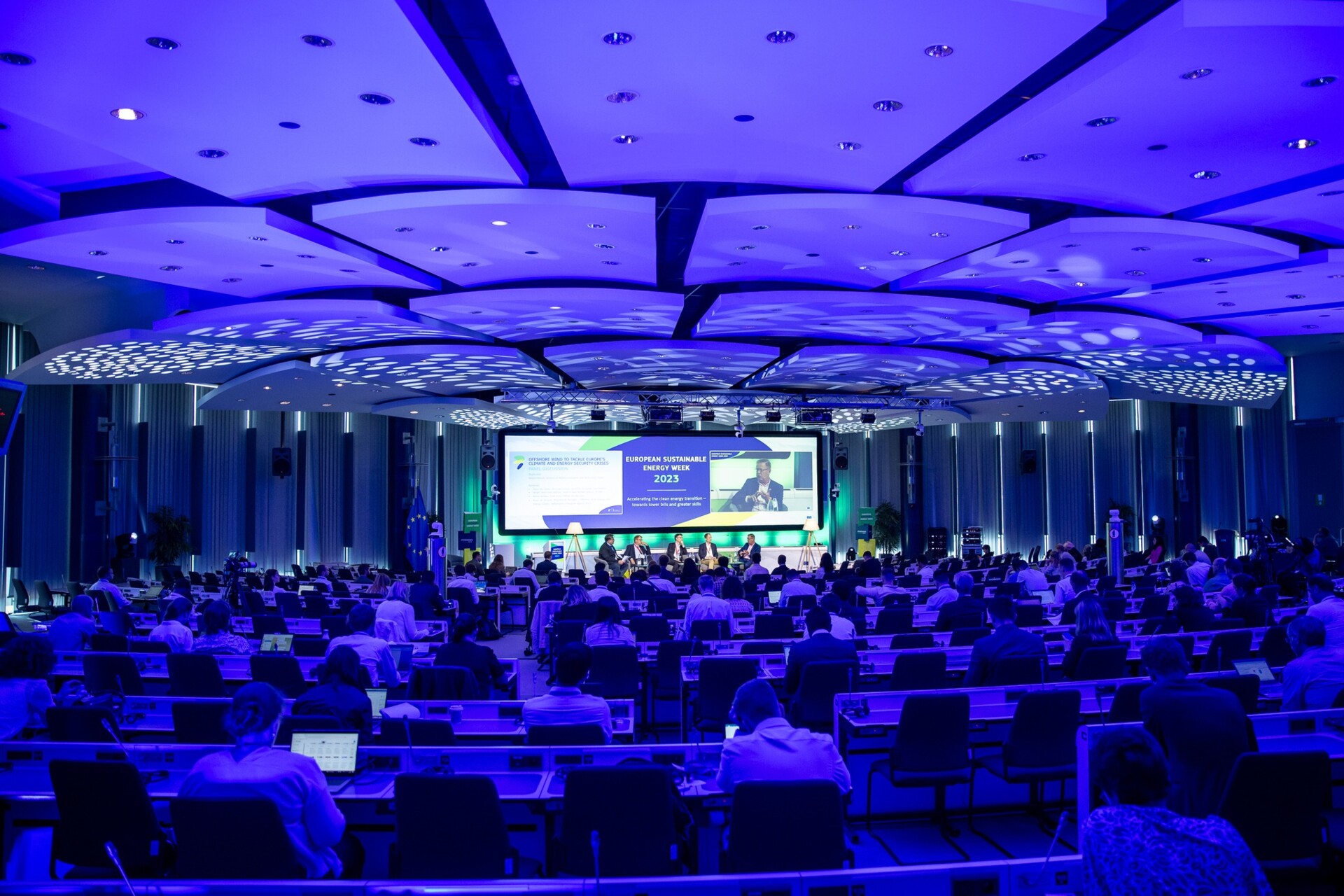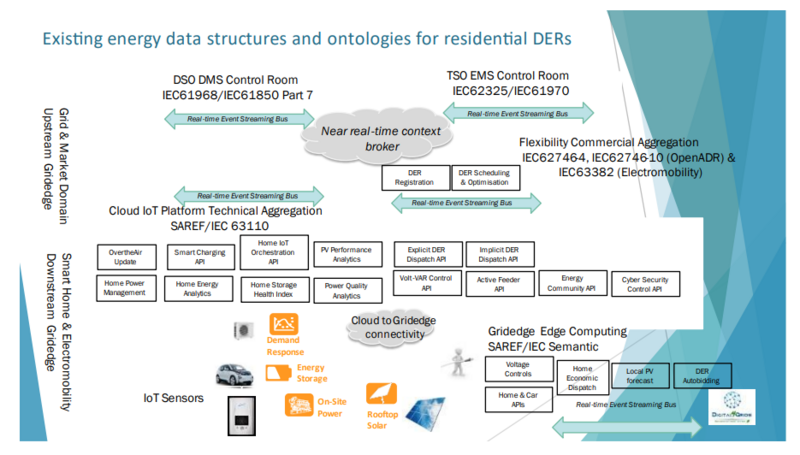by EDDIE
The European Sustainable Energy Week, held on June 13, 2024, at Martin's Hotel in Brussels, marked a significant stride towards advancing energy data interoperability and sovereignty across Europe. The event, titled "Interoperability and Sovereignty: Sharing a European Energy Data Space," was headlined by esteemed speaker Laurent Schmitt, who is renowned for his expertise in smart energy and data spaces.
The afternoon began with a compelling keynote delivered by a representative from the European Commission, who detailed the pressing data needs across various sectors, emphasizing the importance of a unified approach to managing and leveraging energy data. The insights provided set a foundational tone for the discussions that followed, highlighting both current challenges and potential solutions within the European energy sector.
A panel discussion featured representatives from leading energy data space projects and members of the smart energy expert working group. These industry leaders delved into the intricacies of current projects, sharing their progress and the collaborative efforts underway to enhance data sharing and governance frameworks. Key topics included the establishment of common data standards, ensuring robust data security, and fostering an environment conducive to innovation and efficiency in energy management.
The event also served as a networking platform, where participants engaged with experts to discuss future trends, technological advancements, and policy impacts on the energy data ecosystem. The discussions underscored the collective aim to not only meet the current energy needs but also to anticipate future demands in an increasingly digital and interconnected landscape.
The European Sustainable Energy Week's focus on "Interoperability and Sovereignty: Sharing a European Energy Data Space" was a clarion call to action for policymakers, technologists, and industry stakeholders. It reinforced the critical need for a collaborative approach to harness the potential of energy data, ensuring Europe remains at the forefront of sustainable energy innovation.
Participants left the event equipped with deeper insights and a clearer understanding of the steps necessary to advance the European energy data space, poised to contribute actively to Europe's green and digital transformation.
